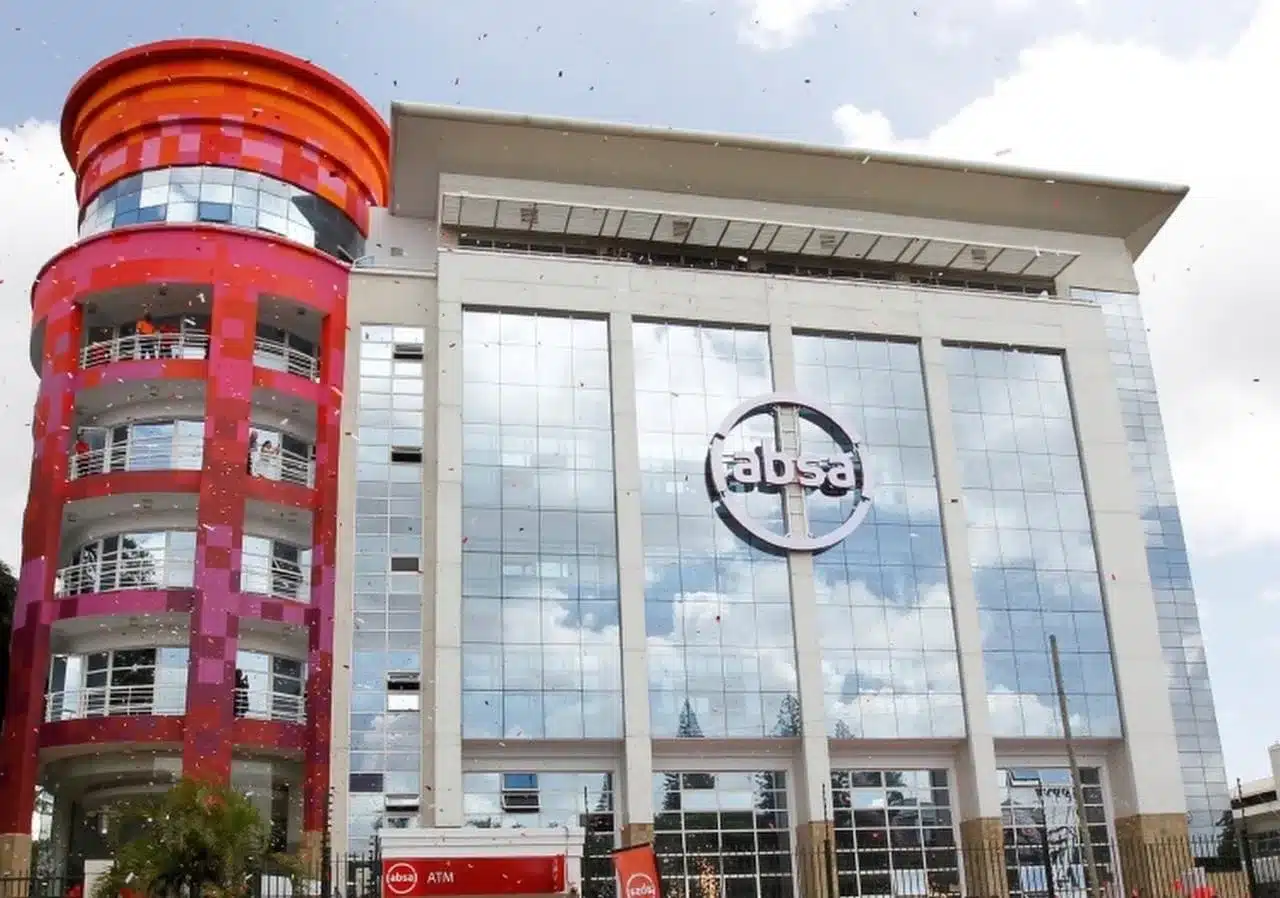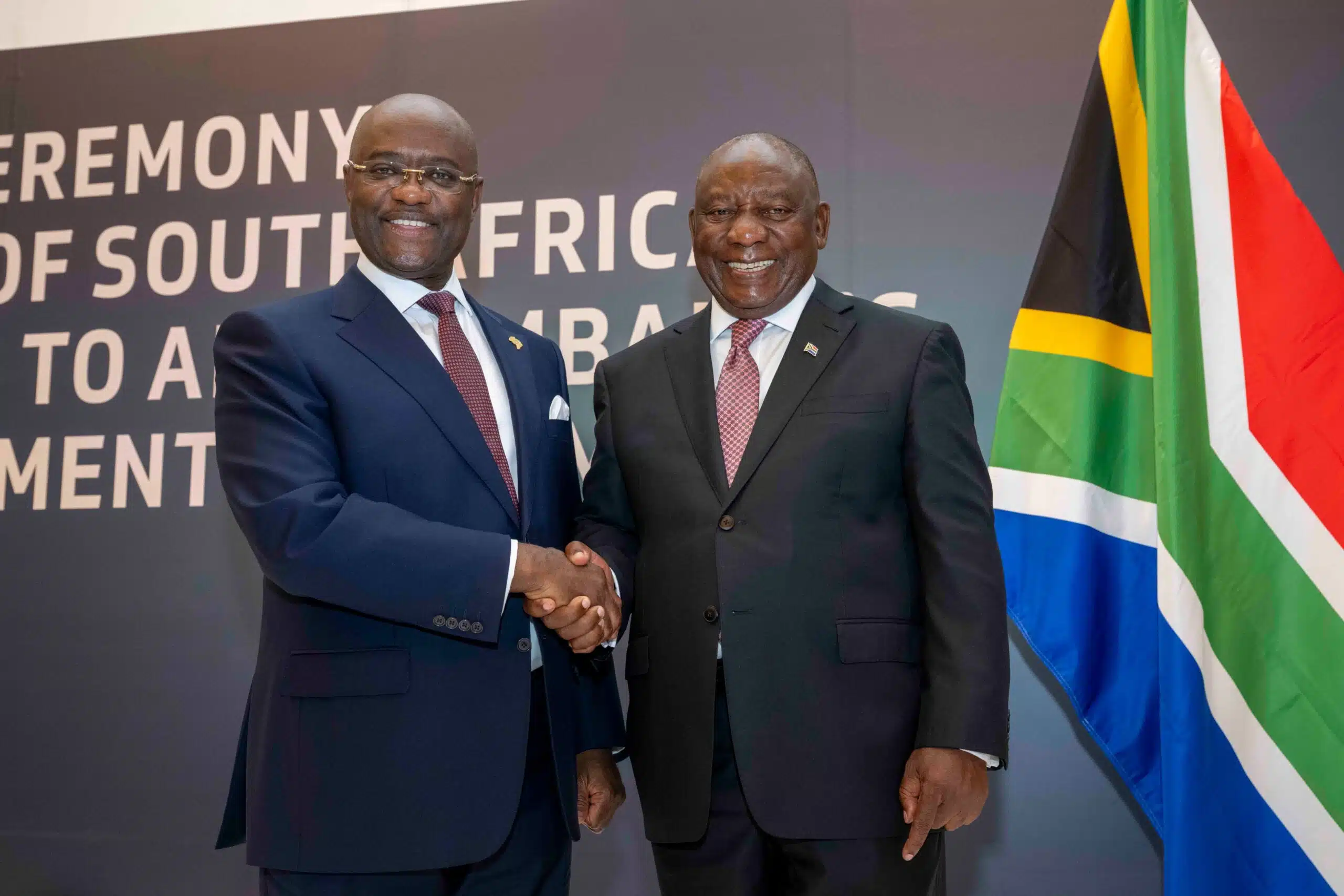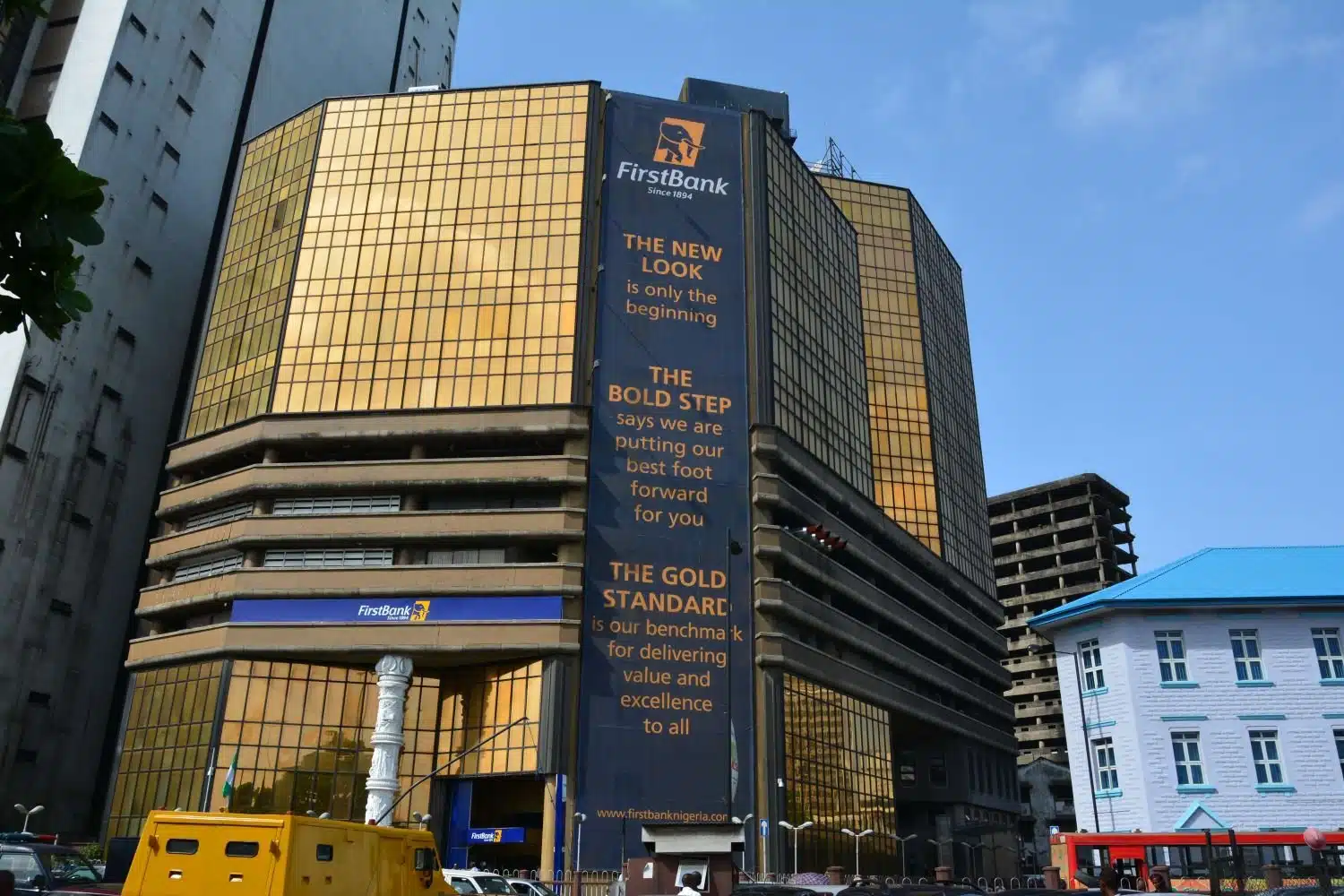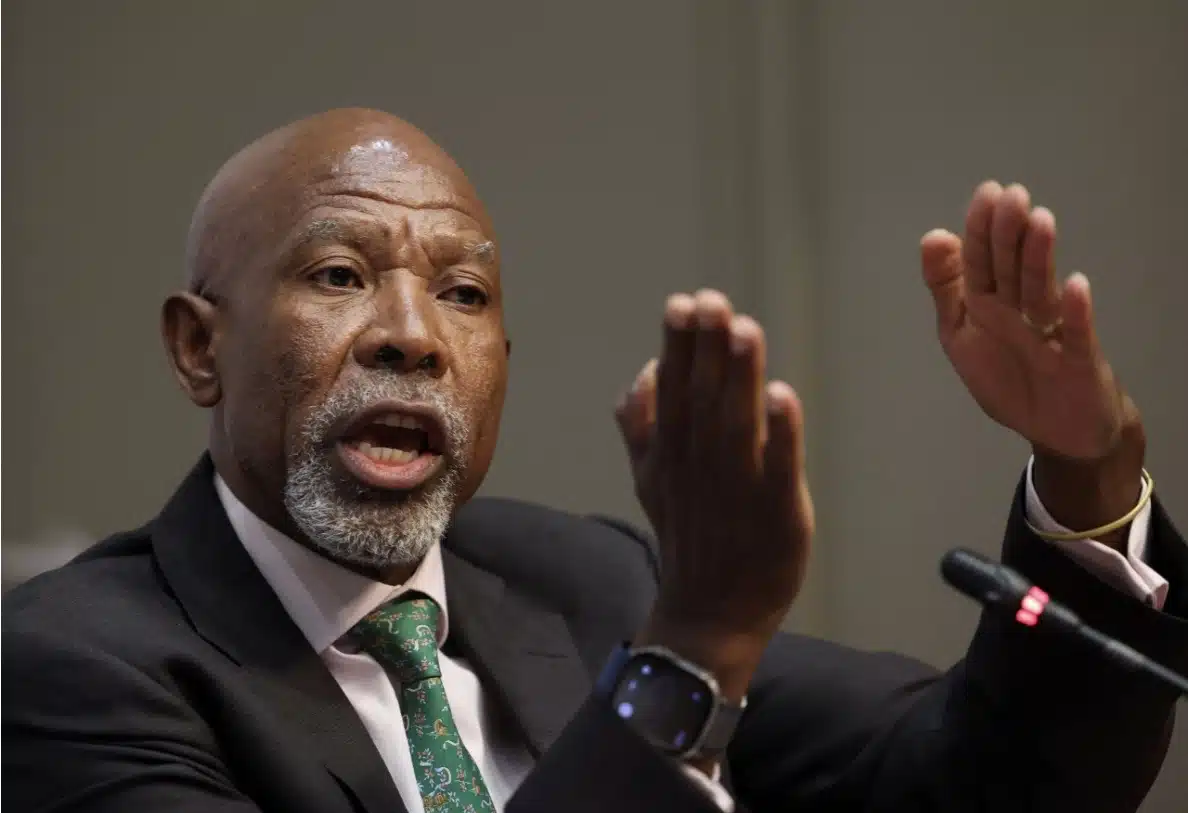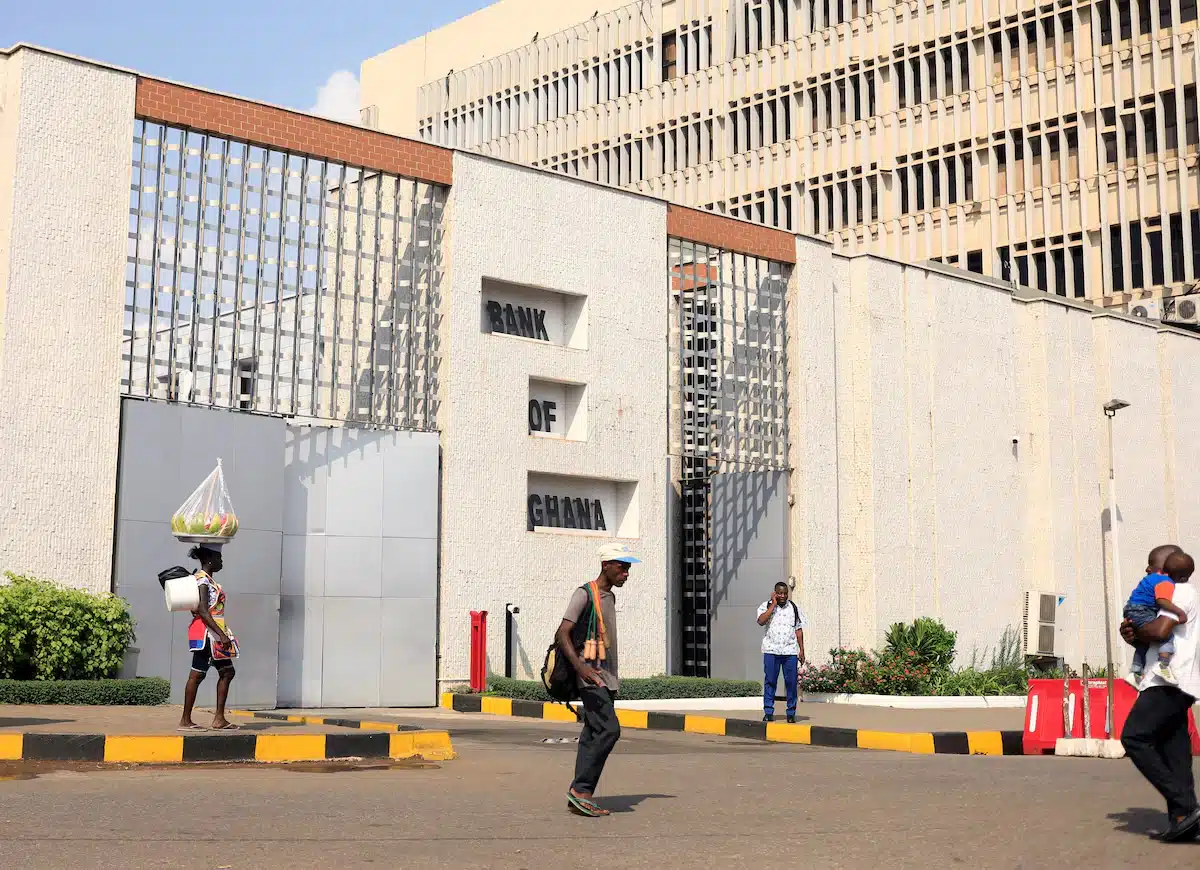With less than seven months to the Central Bank of Nigeria’s (CBN) March 31, 2026 recapitalisation deadline, Nigeria’s mid-sized lenders are racing to shore up their balance sheets through capital raises, mergers and asset sales to meet the new minimum thresholds.
In March 2024, the CBN directed all commercial banks to increase their minimum paid-up capital to ₦500 billion ($325.8 million) for international banks, ₦200 billion ($132.7 million) for national banks and ₦50 billion ($33.2 million) for regional banks.
Tier-2 banks are already under pressure to scale up or risk being absorbed by stronger rivals. Some have turned to mergers to accelerate compliance.
Union Bank of Nigeria recently completed its merger with Titan Trust Bank after receiving final CBN approval, fully absorbing Titan Trust’s operations and assets—a move analysts say positions the combined lender to meet the recapitalisation requirement faster.
Another deal is underway between Providus Bank Limited and Unity Bank. A Federal High Court in Lagos has ordered shareholders of both lenders to meet on September 26, 2025, at the OOPL Hotel in Abeokuta to review the merger scheme, including proposed payouts.
Reports show the combined paid-up share capital could reach ₦48.2 billion ($32 million), leaving a capital shortfall of about ₦151.8 billion ($101 million) to retain a national banking licence.
By pooling resources, customer bases, and assets, banks can strengthen their capital base and remain competitive. But consolidation also carries risks. According to SBM Intelligence’s Capital, Competition and Consolidation report, Nigeria is likely to see a surge in horizontal mergers among Tier-2 institutions as they struggle to keep up with Tier-1 players that maintain robust profits and balance sheets.
“The sector will likely witness further consolidation, with mergers and strategic alliances among mid-tier banks becoming more prevalent. This will create larger, more competitive institutions, but the risk of marginalising smaller players and potential integration challenges must be carefully managed,” the report said.
Some Tier-1 or big lenders—including Zenith Bank, GTBank and Access Bank—have already crossed the minimum capital threshold through rights issues, private placements, public offers and direct capital injections.
Collectively, Nigerian banks raised about ₦1.7 trillion ($1.15 billion) in fresh capital in 2024, largely from existing shareholders, and an additional ₦800 billion ($522.9 million) between January and July 2025, according to a recent report by Agusto & Co. Limited, a pan-African credit rating agency.
An additional ₦900 billion ($588.2 million) is expected to mobilised before year-end. As of July 31, eight banks had complied with the recapitalisation threshold, though some of the proceeds remain under regulatory verification.
“Capital-raising activities have dominated the industry following the Central Bank of Nigeria’s minimum paid-up capital directive in March 2024,” Agusto & Co. noted, projecting higher industry revenues in 2025 as recapitalisation proceeds are deployed in a high-yield environment supported by increased transaction volumes.
Leading Tier-2 banks are also moving fast. According to SBM, Fidelity, Wema Bank, FCMB and Sterling Financial Holdings are tapping a mix of public offers, divestments and private placements to meet the new requirements.
More details on the capital raise
FCMB
FCMB is implementing a three-phase recapitalisation plan. According to SBM, the first phase, a public offer oversubscribed by 33%, raised ₦144.6 billion ($96 million). This is being followed by a convertible note issuance targeting ₦20–₦40 billion ($13–$27 million) by the third quarter of this year.
The second phase involves divesting 25–30% minority stakes in subsidiaries through IPOs and private placements to raise ₦80–₦90 billion ($53–$60 million), while the final phase will comprise private placements with offshore development finance institutions aimed at ₦170 billion ($113 million).
Fidelity
Fidelity has accelerated its recapitalisation drive, aiming to complete the process ahead of the 2026 regulatory deadline. Its combined public offer and rights issue were oversubscribed by 238% and 138% respectively, raising more than ₦270 billion ($179.2 million).
With shareholder approval, the bank plans to increase its issued share capital from ₦26.7 billion ($17.7 million) to ₦36.7 billion ($24.4 million) by creating an additional 20 billion ordinary shares. It is now preparing the final phase of its capital-raising programme, targeting at least the ₦500 billion ($325.8 million) minimum requirement for international banks.
Fidelity crossed the ₦1 trillion market capitalisation mark on April 4, 2025, dipped below it on April 7, reclaimed it on April 23, fell out again on May 12 and has since returned to, and maintained, its place in the elite club.
Wema
Wema announced last week that it had exceeded the CBN’s capital benchmark after raising ₦157 billion ($104 million) through a rights issue.
Before the raise, it held shareholders’ funds of ₦200 billion ($133 million), of which only ₦67 billion ($45 million) qualified as regulatory capital. The fresh proceeds have pushed its capital above ₦210 billion ($139 million).
Other banks
Stanbic IBTC, also in the trillion naira market cap club, met the new threshold via a ₦140 billion ($93 million) capital injection from its holding company and a ₦148.7 billion ($99 million) rights issue. Sterling Financial Holdings is targeting $400 million through a combination of private placements, rights issues and a planned public offer.
Beyond regulatory compliance, analysts say the recapitalisation drive is reshaping Nigeria’s banking landscape. Oversubscribed rights issues and private placements are drawing in institutional and foreign investors, diversifying ownership structures and boardrooms.
For customers, a larger capital base translates into greater lending capacity for retail clients, SMEs and corporates. It could also spur more loan products and increased investment in digital platforms and financial technology—improving speed, security and convenience in everyday transactions.
Ultimately, the recapitalisation exercise aims to make Nigerian banks stronger and less prone to failure, safeguarding depositors’ funds and bolstering financial stability. As SBM notes, “This will not only create larger, more competitive institutions but also foster innovation and expand access to credit for businesses and consumers.”
Figures were originally reported in naira and converted at average official exchange rates of ₦1,507/$1 as of September 10, 2025; ₦1,530/$1 for the first seven months of 2025; and ₦1,478.9/$1 for 2024.




